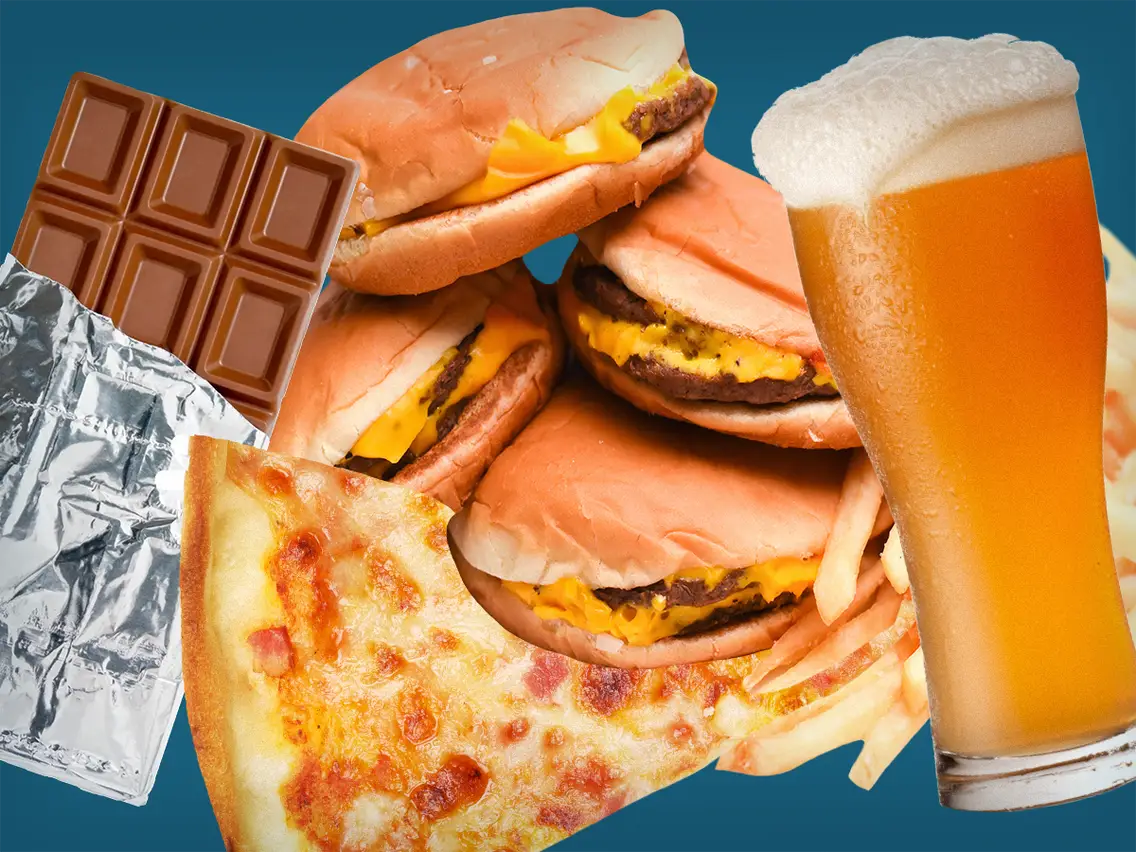Weight Loss Tips: 6 Possible Causes Of Weight Loss Plateau And Ways To Overcome Them
Weight Loss Tips: 6 Possible Causes Of Weight Loss Plateau And Ways To Overcome Them
Losing weight is a journey that requires patience, consistency, and determination. However, even with a well-planned diet and exercise routine, it is not uncommon to reach a point where weight loss comes to a standstill. This is known as a weight loss plateau, and it can be frustrating and demotivating. Here are six possible causes of weight loss plateaus and ways to overcome them.
Consuming too many calories
When you first start a weight loss journey, you may see quick results as your body adjusts to the new calorie deficit. However, over time, your body may adapt to the lower calorie intake, and weight loss may slow down or stop altogether. To overcome this, you need to reevaluate your calorie intake. Try cutting back on portion sizes, reducing snacking, or increasing your physical activity levels to burn more calories.Not eating enough protein
Protein is an essential nutrient for building and repairing muscle tissue. When you're losing weight, you want to maintain as much muscle mass as possible, as this will help you burn more calories even at rest. If you're not getting enough protein, you may experience a weight loss plateau. To overcome this, make sure to include protein-rich foods like lean meats, fish, eggs, and legumes in your diet.Lack of variety in your diet
Eating the same foods every day can get boring and may cause you to lose motivation. Your body may also adapt to the same foods, leading to a weight loss plateau. To overcome this, try experimenting with new recipes and adding more variety to your diet. Include different fruits and vegetables, whole grains, and healthy fats in your meals.Not getting enough sleep
Sleep is crucial for weight loss, as it helps regulate hormones that control hunger and satiety. Lack of sleep can disrupt these hormones, leading to increased cravings and overeating. It can also affect your energy levels and motivation to exercise. To overcome this, try to get at least 7-8 hours of sleep per night.Not drinking enough water
Drinking water is important for weight loss, as it can help you feel full and reduce your calorie intake. It can also help flush out toxins from your body and improve digestion. Not drinking enough water can lead to dehydration, which can cause fatigue and sluggishness. To overcome this, make sure to drink at least 8-10 glasses of water per day.Not challenging yourself enough
When you first start an exercise routine, you may see quick results as your body adapts to the new stress. However, over time, your body may adapt to the same exercise routine, leading to a weight loss plateau. To overcome this, try challenging yourself with new exercises or increasing the intensity or duration of your workouts.
Weight loss plateaus are common and can be overcome with the right approach. By evaluating your calorie intake, including enough protein, adding variety to your diet, getting enough sleep, drinking enough water, and challenging yourself, you can overcome a weight loss plateau and continue on your journey to a healthier you. Remember, weight loss is a marathon, not a sprint, and consistency is key.









Comments
Post a Comment